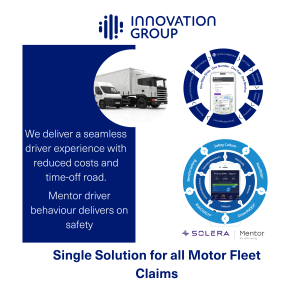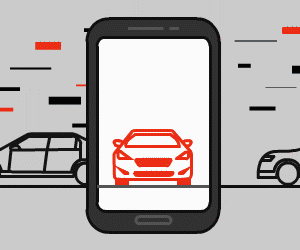There were two big developments over the weekend in the bus transport sector – with one taking place in America and one much closer to home.
The initiatives have seen significant breakthroughs in the way that technology and alternative fuel sources can be used to future-proof bus transportation for the future.
First driverless bus trial takes place in Victoria

Source: Herald Sun
Victoria’s La Trobe University is looking towards the future with trials starting on campus with the state’s first self-driving bus.
It is hoped that driverless technology will see students, teachers and university users ferried between buildings within the campus travelling at a cruisy top of 20km/h.
The autonomous vehicle will have 3 stops that can take up to 12 people to their desired location via a touchscreen input within the vehicle. From a safety perspective, the bus is fitted with 360-degree cameras and multiple input sensors to ensure the bus can interact smoothly with other road users.
“The University is already on its way towards creating smart campuses that make it easier for students to use technology and enhance their education experience,” La Trobe University Deputy Vice-Chancellor (Research) Professor Keith Nugent said.
“Our Centre for Technology Infusion will be coordinating the shuttle trials and have long been involved in developing technology that links businesses, enhances mobility and shapes smart cities of the future.”
VicRoads, RACV, Keolis Downer, HMI and ARRB are key collaborators on the project alongside the university.
1000 miles on a single charge

Meanwhile, an electric powered bus travelled a game-changing 1000 miles on one charge, as part of a recent trial undertaken from California to Indiana in the USA.
The Proterra Catalyst E2 Max moved a record 1,772.2 km before its battery pack ran out of power, bringing compelling evidence that large electric vehicles could be powered to run over long distances.
The 40-foot bus was outfitted with a 660 kWh battery pack for the trial — the equivalent of 11 Chevy Bolts— and according to the company, it could be back at full capacity in just an hour using Proterra’s high-speed charging system.
“For our heavy-duty electric bus to break the previous world record of 1,013.76 miles, which was set by a light-duty passenger EV 46 times lighter than the Catalyst E2 max, is a major feat,”
Proterra’s chief commercial officer Matt Horton said.
“This record achievement is a testament to Proterra’s purpose-built electric bus design, energy-dense batteries, and efficient drivetrain.”
“Driven by the best cost savings-per-mile, we believe the business case for heavy-duty electric buses is superior to all other applications, and that the transit market will be the first to transition completely to battery-electric powered vehicles,” Ryan Popple, Proterra CEO said.
“Early electric bus adopters like our first customer, Foothill Transit, have paved the way for future heavy-duty applications, like motor coaches and commercial trucks. As we see incumbents and more companies enter the heavy-duty EV market, it has become very apparent that the future is all-electric, and the sun is setting on combustion engine technology.”











